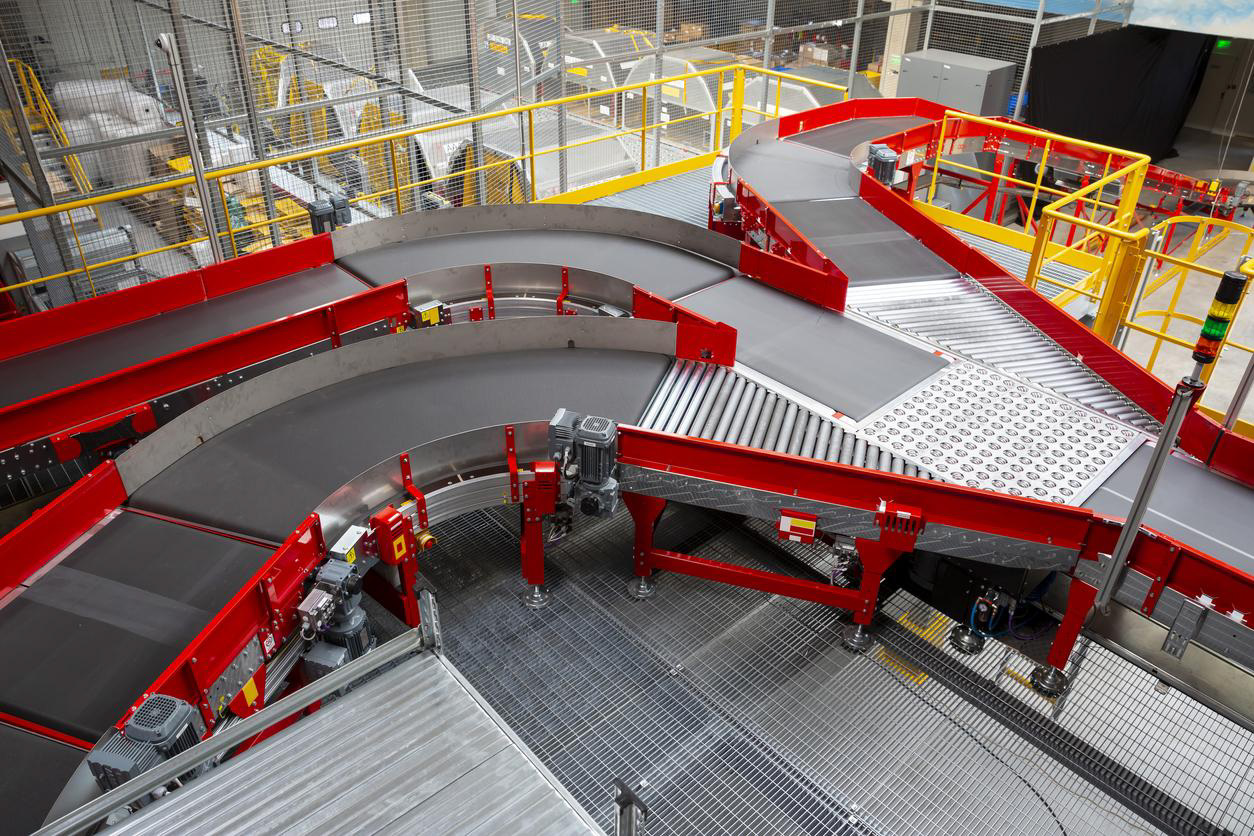16 Apr Preparing Your Warehouse for Peak Season Demand: Tips and Strategies
Preparing Your Warehouse for Peak Season Demand: Tips and Strategies
As your peak season approaches, businesses need to prepare their warehouses to handle the increased demand. Customer satisfaction is the secret to success in today’s highly competitive industry, and warehouses are essential to delivering on those customers’ needs. Failure to plan for peak season demand may result in inventory shortages, delayed delivery, and unhappy consumers.
In this blog article, we’ll go over some pointers and tactics for getting warehouses ready for your business season. We’ll go through aspects including improving inventory control, personnel and training concerns, and best practices for increasing productivity and operational effectiveness throughout periods of high traffic.
Optimizing Inventory Management
The proper level of inventory is one of the key elements of effective warehouse management. To prevent stockouts and overstocking during times of high demand, it’s critical to have a clear picture of your inventory levels. Here are some pointers for improving inventory control during the demand peak season:
Forecasting
Through accurate forecasting, firms may estimate the level of demand for their products and adjust their inventory plans as necessary. Companies may anticipate the demand for their products during the busiest season by using historical data, market trends, and customer demand. This can be achieved by having a warehouse management system (WMS)
Implement Inventory Management Software
Inventory management software can help businesses keep track of their inventory levels in real-time, automate the restocking process, and generate reports to make informed decisions.
Use ABC Analysis
Businesses can use ABC analysis to classify their inventory based on its value and importance. With this approach, businesses can more efficiently allocate resources and prioritize their inventory management efforts.
Staffing, Training, Renting Considerations
Peak season demand requires additional resources, including staffing and training. Here are some tips for managing staffing and training during peak season demand:
Plan
To avoid last-minute hiring and training, businesses should plan their staffing needs far in advance. Forecasting product demand, determining necessary roles and duties, developing a hiring and training strategy and implementing automation are all part of the planning process.
Cross-training
Businesses may ensure that their workforce is adaptable and capable of handling a variety of duties by using cross-training. Businesses can manage unforeseen absences and lessen the effects of turnover with the use of cross-training.
Temporary workers
Businesses can hire temporary workers to handle the increased demand during the peak season. Businesses can fulfill demand with temporary staff instead of expanding their permanent workforce.
Rent-to-Own Material Handling Equipment
Could your warehouse need more automation to help be more productive during your busiest time of the year? Your operation can benefit from having automation that can lead to cost savings instead of hiring more employees.
Best Practices for Ensuring Operational Efficiency During High-Volume Periods
To satisfy demand and ensure customer satisfaction during the busiest season, operational efficiency is essential. The following are some best practices for maintaining operational effectiveness during times of high volume:
Streamline Processes
Businesses should review their processes and identify any inefficiencies. Streamlining processes can help businesses reduce lead times, eliminate waste, and improve overall efficiency.
Use technology
Businesses can automate procedures, lower errors, and increase productivity with the use of technology. Companies can increase their operational efficiency by utilizing technologies like automated conveyors, Vertical Reciprocating Conveyors (VRCs), warehouse management systems (WMS), and barcoding.
Prioritize safety
Businesses should put safety first during the busiest time of year to prevent accidents and injuries. Companies should routinely train their employees in safety procedures, identify risk, to perform rack inspections and repair damaged pallet racking. An annual pallet rack inspection and all damaged racks should be repaired and replaced.
Peak season demand can be difficult for businesses, but with adequate planning, it can also be a chance to boost sales and customer satisfaction. Businesses can successfully handle the increased demand and exceed consumer expectations by optimizing inventory management, managing workforce and training, and guaranteeing operational efficiency during high-volume periods. Businesses can maintain their competitiveness and prosper during the busy season by putting this advice and tactics into practice.






Sorry, the comment form is closed at this time.